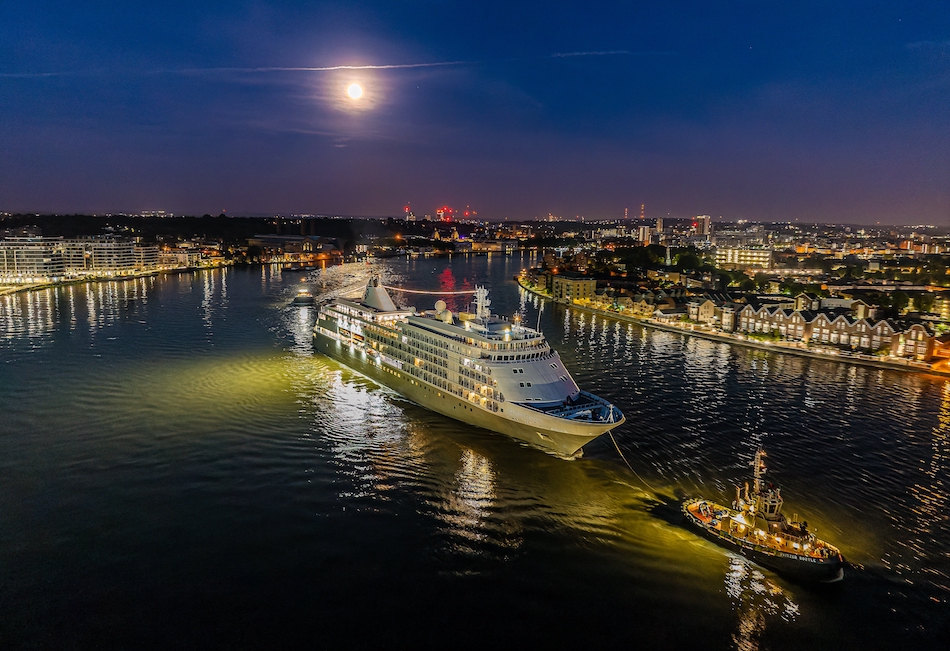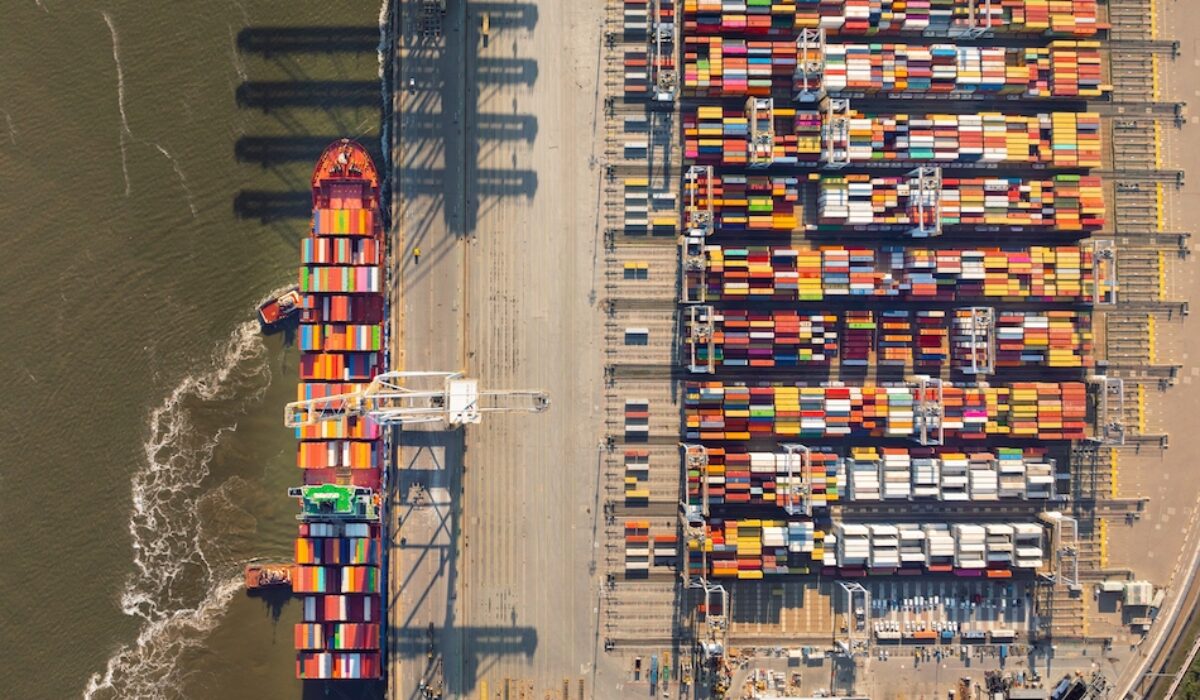How London Can Rebuild Its Global Shipping Empire
London’s towering skyscrapers, from the financial heart of the City to the glittering spires of Canary Wharf, tell a story of resilience and reinvention. Post-pandemic, these districts hum with the vitality of a metropolis at the centre of global finance and professional services. But there’s a chapter in London’s legacy that often gets overlooked: its once-dominant role as the beating heart of the global maritime and shipping industry.
This isn’t just a tale of past glory. London still holds a powerful hand in the shipping world, one bolstered by a unique convergence of professional services, global networks, and financial expertise. While rivals like Singapore and Shanghai have surged ahead, leveraging their proximity to China’s industrial engine, London has something no other city can fully replicate: a rich, interwoven ecosystem of maritime professionals, legal and financial infrastructure, and centuries-old connectivity.
London’s Overlooked Shipping Superpower
London’s shipping legacy is far from a footnote. Its vibrant network of shipowners, commodity traders, maritime insurers, shipping bankers, brokers, and corporate advisors gives the city a formidable edge. The city has long served as the nerve centre for maritime finance and law, consistently outranking other global hubs in these areas.
Yet, when it comes to sheer volume—such as the number of shipping companies headquartered there—London lags. In 2024, it ranked first globally for maritime finance and law but only fourteenth for shipping company headquarters. The potential for London to bridge this gap and reassert its dominance is undeniable.
The Missing Piece: A Strategic Vision
For London to reclaim its crown, it needs more than historical advantages; it requires bold, targeted reforms. The key lies in making the UK a magnet for global shipping operations. Currently, London’s strength lies in its professional services but converting that into a comprehensive shipping hub demands fresh incentives and a modern regulatory approach.
First, simplifying regulatory frameworks for ship registration and operations is crucial. Rival hubs like Singapore have attracted shipping companies through streamlined processes and competitive tax regimes. London could benefit from a similar strategy, modernizing its maritime laws and introducing fiscal incentives to draw shipping operators back to UK waters.
“For London to reclaim its crown, it needs more than historical advantages; it requires bold, targeted reforms.”
Free Ports: The Sleeping Giant
The UK’s free ports initiative presents a golden opportunity. Expanding these zones beyond their current scope to include incentives for service providers—such as crew supply, fleet management, and corporate operations—could transform London into a hub of maritime innovation. These free zones could also serve as anchors for shipping companies looking to tap into global industrial growth, particularly in emerging markets like Africa.
Shipping is, by nature, a global industry, and London’s position at the crossroads of Europe and the Atlantic makes it uniquely suited to provide liquidity and expertise to operators navigating new economic opportunities. By aligning its free port strategy with the demands of the modern shipping industry, the UK could unlock vast potential for growth.

Diplomacy and Governance: London’s Secret Weapon
Unlike many of its competitors, London brings unparalleled diplomatic clout and governance standards to the table. Its commitment to the rule of law and transparent business practices offers shipping companies a level of security and stability that few other jurisdictions can match.
This diplomatic strength could be strategically deployed to attract international operators. Take Dubai, for example, which has positioned itself as a hub of global commerce through a combination of tax incentives and diplomatic support. London could replicate this model, leveraging its international influence to create an ecosystem where shipping companies feel supported and empowered to grow.
A National Shipping Strategy
At the heart of London’s resurgence as a global shipping capital must be a cohesive national shipping strategy. This strategy should aim to consolidate the city’s existing strengths while addressing gaps in its maritime offering. Beyond regulatory reforms and free ports, the UK needs to position London as the go-to destination for high-value shipping activities—be it maritime finance, legal arbitration, or cutting-edge technological advancements in the industry.
Such a strategy could also capitalize on emerging trends in global shipping, from decarbonization to digital transformation. The global push for greener shipping solutions offers a chance for London to lead in areas like sustainable shipbuilding, clean energy innovation, and advanced logistics technologies. By fostering partnerships between tech startups and established maritime players, London could position itself as the epicentre of the next shipping revolution.
A Global Vision for the Future
Despite the competition, London’s comprehensive advantages remain unmatched. Adrian Beciri, a shipping entrepreneur who has operated in jurisdictions worldwide, puts it bluntly: “Nowhere else matches what London offers.” After years of working in physical shipping and investment banking, Beciri chose London for his company’s expansion because of the city’s unmatched potential for growth and collaboration.
But for London to realize this potential, it must think big. This means doubling down on its core strengths—finance, law, and professional services—while expanding its appeal to shipping operators, innovators, and entrepreneurs.
With the right reforms and a forward-looking national strategy, London has the chance not just to regain its former glory but to surpass it, becoming the nerve centre of a truly global shipping network. The ships are waiting—London just needs to open its harbour

